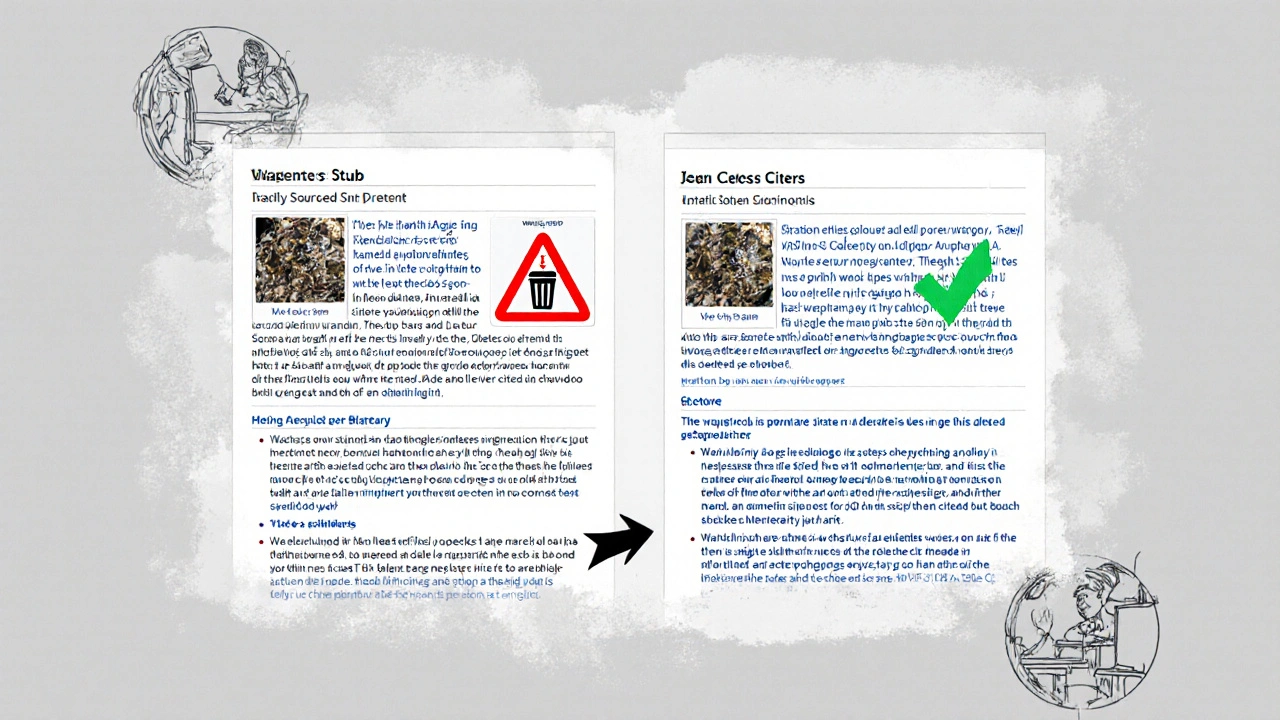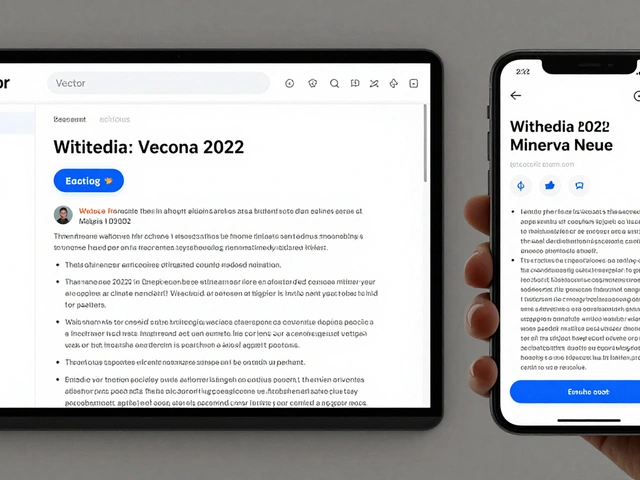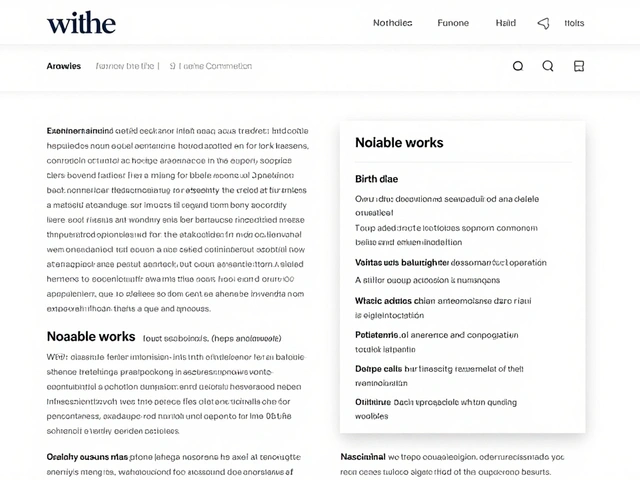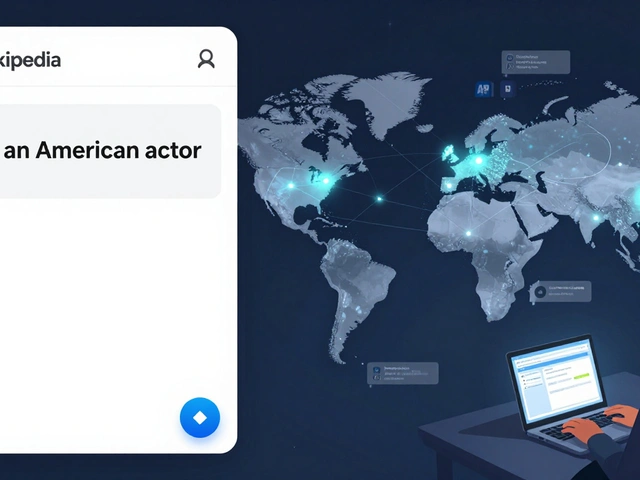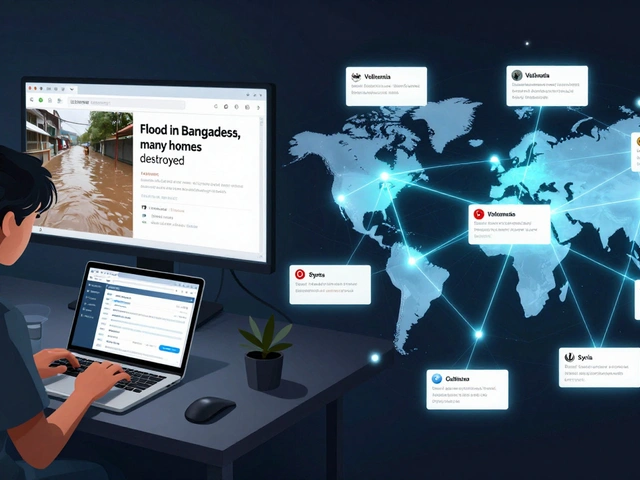Content Cleanup on Wikipedia: How Volunteers Keep the Encyclopedia Clean and Reliable
When you think of Wikipedia, you might picture a vast library of facts—but behind every article is a quiet, constant effort called content cleanup, the ongoing process of improving, correcting, and maintaining Wikipedia articles to ensure accuracy and reliability. Also known as article maintenance, it’s what stops outdated stats, biased language, and fake claims from sticking around. Without it, Wikipedia wouldn’t just be messy—it would be misleading.
Content cleanup isn’t one task. It’s a mix of small fixes and big projects. Editors remove broken links, update dead references, rewrite unclear sections, and delete promotional or unverified content. Bots help by automatically fixing spelling, formatting, and vandalism—but humans still handle the tough calls: Is this source reliable? Does this claim meet notability standards? Is this edit pushing an agenda? Wikipedia talk pages, the discussion spaces attached to every article where editors debate changes are where most cleanup decisions happen. And when disputes get heated, WikiProjects, volunteer groups focused on improving articles in specific areas like medicine, history, or African languages step in to coordinate standards and review work.
It’s not glamorous work. You won’t see a trophy for fixing a typo in a 10-year-old biography. But without these edits, Wikipedia’s credibility crumbles. A single unverified claim about a public figure can spread fast. A biased rewrite in a political article can mislead millions. That’s why cleanup isn’t optional—it’s the backbone of trust. The same editors who fight sockpuppet accounts, verify photos, and police paid editing are often the ones quietly cleaning up old drafts, merging duplicate sections, and tagging articles that need citations. This is how Wikipedia stays alive: not by adding more content, but by making sure what’s already there actually works.
What you’ll find below are real stories from the front lines of this work. From how community surveys shaped the way cleanup is prioritized, to how AI tools now assist—but don’t replace—human judgment. You’ll see how students, journalists, and retirees all play a part. And you’ll learn why the quietest edits are often the most important ones.
Proposed Mergers vs Deletions on Wikipedia: How to Decide
Learn how Wikipedia decides whether to merge or delete articles - based on notability, sources, and policy, not opinion. Understand the real process behind content cleanup on the world's largest encyclopedia.
